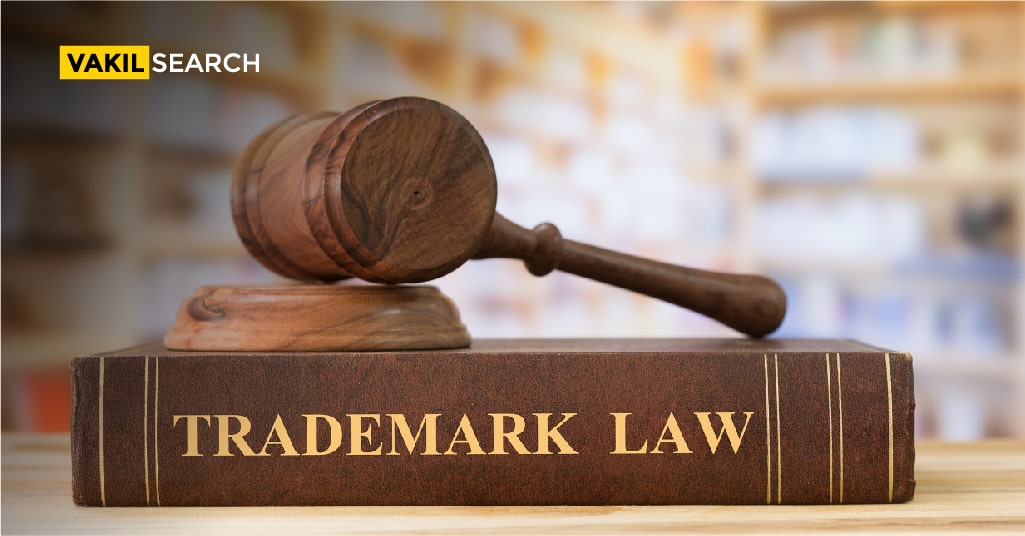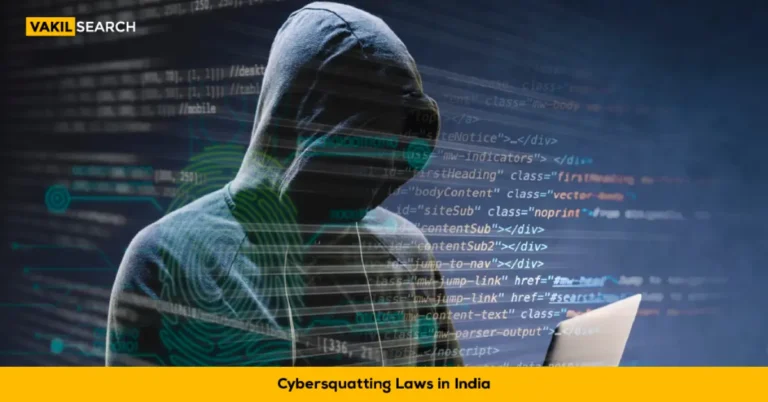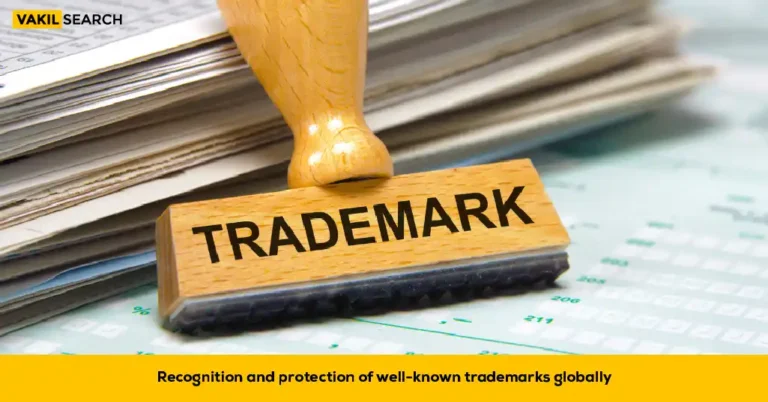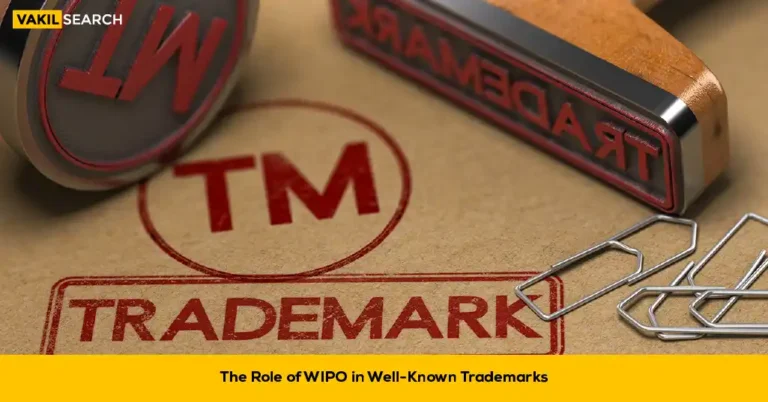The unauthorized use of a trademark or a service mark in such a way that is likely to cause any confusion, misrepresentation, or misconception about the source of a good or service is known as trademark infringement.
Trademark Infringement Lawsuit in India: Overview
In India, trademarks are protected by the Trademarks Act of 1999. The Act establishes the rules surrounding trademark registration and infringement penalties. In India, trademark infringement is a cognizable offence, which means that the offender could face both criminal as well as civil prosecution. In this blog Know more on Trademark Infringement Lawsuit in India.
In case a civil suit is filed on account of trademark infringement, the court may undertake to award the following remedies:
- Temporary injunction
- Permanent injunction
- Damages
- Account of profits (damages equivalent to the profits earned from the infringement)
- Destruction of all those goods bearing the unauthorized trademark
- Cost of legal proceedings
In case a criminal suit is filed, the court may convict the infringer and impose on him the following:
- Imprisonment for a period not less than six months that may extend to three years
- A fine of a sum not less than ₹50,000, which may extend to ₹2 lakh
Landmark Trademark Infringement Matters
It is fascinating as well as worthwhile to learn about trademark infringement cases involving well-known corporations. When the time to register your own trademark arrives, use the following landmark cases as a guiding light to ensure maximum protection against infringement.
Zara: Fashion or Food?
The plaintiff is a well-known fashion brand with a strong presence all over the world, while the defendant is a restaurant operating in a lone Indian city. Would any customer mistake one for the other, or believe that the restaurant was run by the fashion house? The Delhi High Court thought so.
This was because Zara, which established its first store in India in 2010, had been present in the country since 1986 (through a joint venture) and had even applied for a few trademarks. The defendant now operates his restaurant through the alias Tapas Bar.
You can locate previously registered trademarks to prevent copyright infringement using the Trademark Name Search tool at Vakilsearch
Eclairs: Cadbury Vs ITC
Cadbury is a firm believer in intellectual property protection. It even holds the right to use the shade of purple on chocolate wrappers in some regions.
Cadbury had previously registered three trademarks in India that included the name Eclairs (Chocolate Eclairs, Orange Flavoured Chocolate Eclairs, and Chocolate Eclairs Pop). Despite being registered in 1972, none of these three marks were ever used. After more than a decade in court, the ITC won the lawsuit against Cadbury in 2015 on account of non-use.
London Dairy Vs Londonderry
On one hand, London Dairy (the plaintiff) sells premium-quality ice cream, on the other hand, Londonderry (the defendant) sells inexpensive confectionery items. Phonetically, both these brands sound pretty much the same. You might be of the opinion that since they sound the same phonetically, this is a clear case of infringement.
However, the Bombay High Court doesn’t agree. This is because everything besides the sound of their brand names was different. In light of this, the Bombay High Court, in an order dated 11 April 2016, held that there is no law that says a single test of pronunciation will be sufficient to overcome all other points of differentiation.
The HC’s order held that there were no visual or structural similarities between the products, and, for the want of demonstration of deceit, misrepresentation or similarities in colour, trade dress, goods, and pricing, sided with the defendant (Londonderry).
Bata Vs Bata
In the 1980’s Bata, the shoemaker attempted to block a company selling foam materials from using the same brand name.
The court questioned whether customers would know that Bata isn’t making foam if the company is marketing the same under Bata’s trademark. The judge reasoned that it is reasonable to expect that a customer would not inquire if a product is being made by the shoemaker. As a result, despite the fact that both the company’s operated in distinct commercial realms, Bata the shoemaker won the case.
Paypal Vs PayTM
In 2016 PayPal filed a lawsuit for trademark infringement against India’s Paytm. Both the companies carry out the same business and target the same market. In India, Paytm is immensely popular. Everyone, from cab drivers to retailers to the general public use Paytm. PayPal’s popularity in India, on the other hand, is limited to eBay shoppers, forex investors, crypto enthusiasts, and IT software professionals, who transact with the global world regularly.
Since PayPal is used all over the world, it is concerned about losing ground to Paytm in the global marketplace if Paytm’s popularity spreads beyond the confines of India.
PayTM has been accused of stealing PayPal’s logo in order to expand its own user base. In their trademark infringement lawsuit with the Indian trademark office, the US-based e-wallet alleges that PayTM had no other reason to utilise the same two-tone colour scheme as PayPal’s.
As the case is still ongoing, and the final decision may take several years. The court’s verdict will surely be an interesting one.
Conclusion:-
Harness the powers of Vakilsearch legal expertise and get your trademark registered in no time! Protect your brand’s identity from infringement without breaking the bank. Get in touch with us today!
Read More:-










